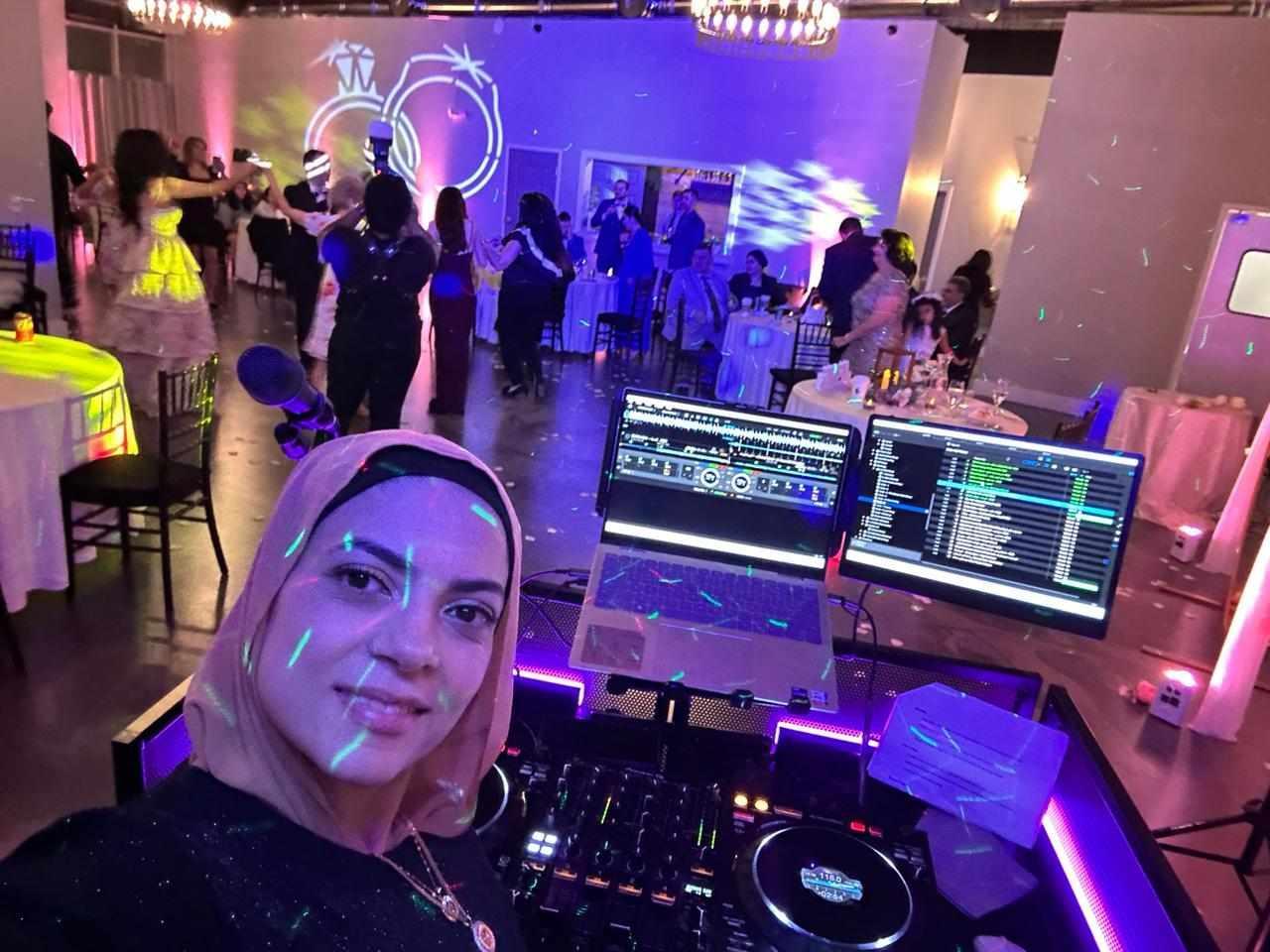Entertainment is an essential part of human life. It transcends borders, languages, and generations, playing a fundamental role in how people relax, connect, and express themselves. From ancient storytelling and theatrical performances to modern streaming platforms and virtual reality, entertainment has evolved dramatically—but its core purpose remains the same: to engage, inspire, and delight.
What is Entertainment?
At its most basic level, entertainment refers to activities or content designed to provide amusement, enjoyment, or relaxation. It includes a wide range of experiences, such as movies, music, television, games, sports, literature, comedy, and live performances. Whether experienced alone or in groups, entertainment stimulates emotions, sparks imagination, and allows people to temporarily escape the pressures of daily life.
While often associated with fun and leisure, entertainment also serves deeper functions. It can educate, provoke thought, foster empathy, and bring awareness to social issues—all while keeping audiences engaged.
The Evolution of Entertainment
The history of entertainment dates back to prehistoric times. Early humans shared stories around campfires, used music and dance in rituals, and created cave paintings as a form of expression. As civilizations developed, so did the forms of entertainment: from ancient Greek dramas and Roman gladiator games to medieval festivals and Renaissance operas.
The invention of the printing press brought literature to the masses, while the 20th century saw the rise of film, radio, and television. These innovations revolutionized how people consumed entertainment, allowing them to enjoy performances without leaving their homes.
In the 21st century, the digital age transformed entertainment once again. Streaming services, video-sharing platforms, social media, and interactive gaming have created endless possibilities for content consumption and creation. Today, anyone with an internet connection can access a vast world of entertainment at any time, from anywhere.
Types of Entertainment
Entertainment comes in many forms, each catering to different tastes and preferences. Some of the most popular categories include:
- Music – One of the oldest forms of entertainment, music has the power to evoke emotions, tell stories, and bring people together. Genres range from classical and jazz to pop, rock, hip-hop, and electronic.
- Movies and Television – Visual storytelling continues to captivate audiences with compelling narratives, stunning visuals, and emotional performances. Streaming platforms like Netflix, Disney+, and Amazon Prime have made on-demand viewing the norm.
- Gaming – Video games offer interactive entertainment that combines storytelling, strategy, and skill. From console and PC games to mobile apps and esports, gaming is now a multibillion-dollar industry.
- Live Performances – Concerts, theater plays, stand-up comedy, and dance performances provide immersive experiences that allow audiences to connect with performers in real time.
- Sports – Sporting events entertain millions worldwide. Whether watching a football match, a tennis tournament, or the Olympics, fans experience thrills, drama, and unity.
- Literature – Books, poems, and other written works stimulate the imagination and provide mental escape. Reading remains a beloved and enriching form of entertainment.
- Social Media and Content Creation – Platforms like YouTube, TikTok, and Instagram allow users to create and share entertaining content, from short videos to elaborate skits and tutorials.
The Role of Technology in Entertainment
Technology continues to shape the future of entertainment. High-definition visuals, surround sound, and 3D graphics enhance immersion. Artificial intelligence and machine learning help personalize content recommendations. Virtual reality (VR) and augmented reality (AR) are redefining interactive experiences, from concerts and games to virtual museums and live events.
Moreover, the rise of the creator economy has empowered individuals to produce and distribute their own content, challenging traditional media outlets. Today’s entertainers are often influencers, vloggers, and independent artists who build global audiences through digital platforms.
Entertainment and Culture
Entertainment reflects and shapes cultural values. It can reinforce traditions, challenge norms, and give voice to underrepresented communities. Through entertainment, people explore different perspectives, gain cultural awareness, and find common ground with others.
Movies, music, and art often serve as mirrors of society—capturing historical events, social struggles, and human emotions. Comedy and satire allow for critique through humor, while dramatic works inspire empathy and understanding.
The Business of Entertainment
The entertainment industry is one of the largest sectors globally, generating billions in revenue and providing employment to millions. Hollywood, Bollywood, music labels, game developers, and media companies form a complex ecosystem of production, distribution, and marketing.
With fierce competition and rapidly changing trends, staying relevant in the entertainment industry requires creativity, innovation, and adaptability. Successful entertainers and companies must not only produce quality content but also understand audience behavior and engage across multiple platforms.
Entertainment as a Source of Well-being
Beyond amusement, entertainment contributes to mental and emotional well-being. It offers a break from stress, boosts mood, and creates opportunities for social bonding. Watching a favorite movie, attending a concert, or playing a game with friends can improve overall life satisfaction.
During global crises—such as the COVID-19 pandemic—entertainment proved to be a vital coping mechanism. Streaming, virtual events, and online communities helped people stay connected and uplifted during periods of isolation.
Conclusion
Entertainment is much more than a pastime; it is a vibrant, dynamic force that enriches lives, fosters creativity, and bridges cultural gaps. As technology advances and audience tastes evolve, the world of entertainment will continue to expand in exciting new directions. Whether you’re enjoying a song, watching a film, reading a book, or attending a live event, entertainment remains an integral part of the human experience—bringing joy, inspiration, and meaning to our everyday lives.


